Healthy body image role models are tough to find, let alone meet. Especially in Diet Culture.
Diet Culture is a system of false beliefs that we’re taught. Despite their glaring untruths, they’re almost universally endorsed in Western culture — so much so that we often can’t distinguish fact from myth.
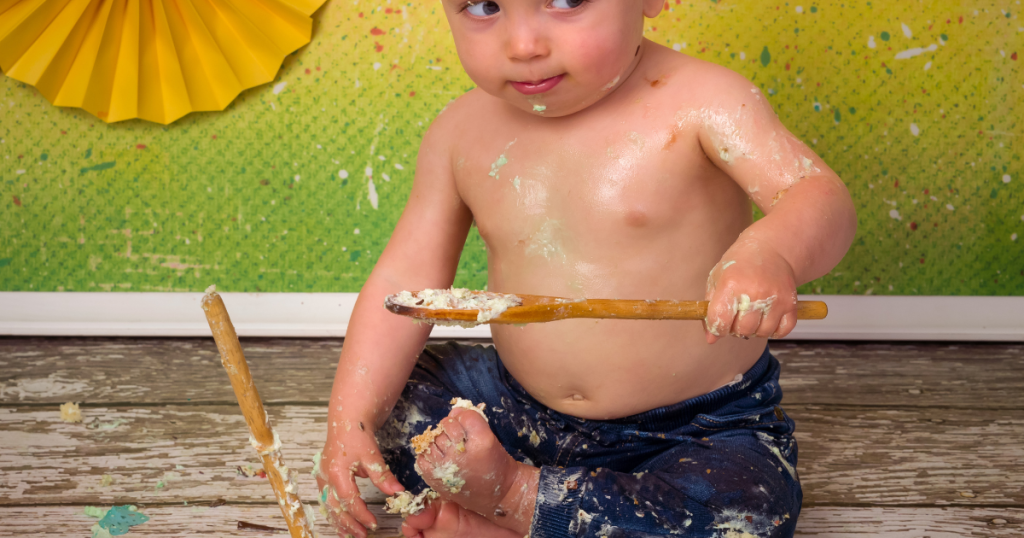
Diet Culture is dangerous. It harms people of all sizes.
Identifying Diet Culture when we’re immersed in it is difficult. Diet Culture is the lens through which we see (and automatically judge) bodies, beauty, food, weight, and worth.
Diet Culture is based on the belief that weight and worth are connected. It tricks you into believing that, to be worthy, attractive, successful, likable, and “good”, you must be thin.
Thinness is idealized. It’s the end-all, be-all…the pinnacle.
The beliefs of Diet Culture are so embedded that we tend not to blink an eye when someone says she was “naughty” for eating dessert. Or he was “bad” because he skipped the gym yesterday.
Dieting and working out are put on a pedestal, and food is moralized. Worth as a human being is defined by body size and food choice in Diet Culture.
The truth is this: Whether you order fries or a fruit cup, your worth is the same. Whether or not you exercised yesterday, today, or any day doesn’t determine your value as a human.


Fries and fruit have no moral value, even though Diet Culture wants you to believe that fries are bad and fruit is good. Even more tragically, it wants you to believe that you’re bad if you eat fries, and you’re good if you eat fruit.
(Bad fries would more accurately mean they were made from rotten potatoes. What if the fruit were also rotten? Would it still be “good”? Nutritional merit is not the same as moral judgment of good or bad.)
Diet culture is so all-encompassing that we typically don’t even see it for what it is. Sort of like fish not knowing they’re wet.
Imagine meeting others who’ve discovered Diet Culture alternatives to being in their bodies. Is it possible to be freed from Diet Culture messages? Are there people whose relationships with their bodies are either neutral or positive?
Yes. Even in the world of social media.
How ironic! Social media has been a primary way Diet Culture messages spread.
The very same platforms, however, can spread messages of body neutrality. They can also help to decouple weight/worth and food choice/virtue.
What is body image and why should you care?
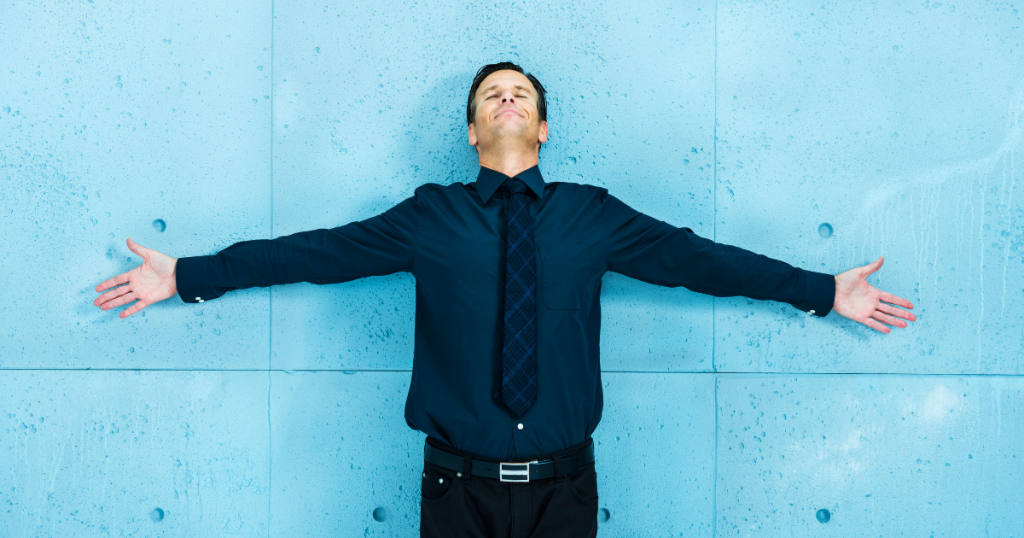
Everyone with a body has a body image.
Body image fluctuates, based on many things. Factors like mood, hormones, age, health, cultural and family messages, media ideals, and personality traits such as perfectionism all affect a person’s relationship with her body.
Historical roots are an important part of body image, both familially and systemically (sexism, classism, racism, and other ism’s).
There is only one place — your body — you’ll live your entire life. So finding peace within the body you inhabit is important.
How you feel and think about your body is something to actually care about.
If you have a positive body image, you’re more likely to have physical and psychological well-being. You’re also more likely to have interests, purpose, and meaning in your life.
In contrast, negative body image is associated with depression, social anxiety, and self-consciousness, as well as eating disorders…and not so much fulfillment.
Magic happens when you stop judging your body harshly and learn to appreciate your inner being, soul, and spirit.
You weren’t born hating your body. Diet Culture taught you, starting at an early age.
Take back your birthright. Live unapologetically in the body you were born with.
What are role models?
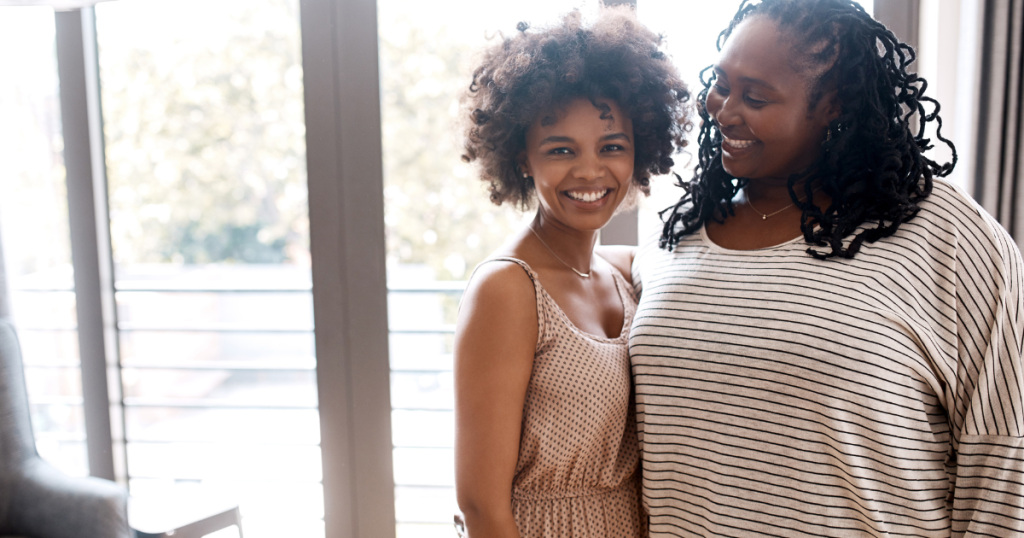
When you’re looking for guidance, where do you turn?
You probably go to people you know and who seem qualified — Maybe people you consider to be role models.
Role models are people you look up to and whom you might want to emulate, now or in the future.
People you know but haven’t met personally could be role models, as is often the case when social media is involved. Or they may be people in authority. Parents can be role models. So can teachers, peers, and coaches.
These days, people are just as or more likely to spend equal time with social media influencers as with peers and parents.
Social media influencers have a lot of followers who consider them to be role models.
Think about whom you’ve designated as role models.
Have you chosen role models whose values align with yours? Are the role models you’ve chosen celebrities or influencers who spread Diet Culture messages (and who also may not even realize it)?
Consider that media influencers have a lot of platforms from which to send their messages. Television, YouTube, video games, Twitter, music — these platforms are all available 24/7.
Messages from influencers can be powerful. They affect us all. Not all celebrities, stars, and influencers, however, come bearing positive messages.
On some social media sites, the best body image role models have four legs.
Neither dog in the photo below is likely lamenting the shape of its ears or stomach.
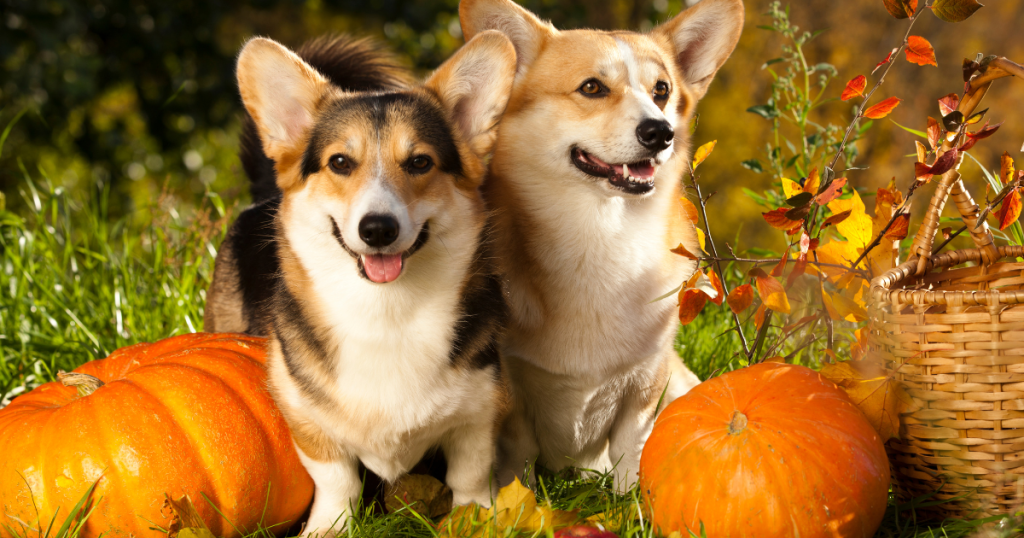
Social Media
Social media influencers and celebrities get the most attention. They also have the most impact.
The way social media works has naturally led to worsening body image on a national and even global scale.
Instagram, for example, allows users to post images easily and to view and follow other people. From the comfort of any room, you can easily access hundreds of images of women and men with “perfect” bodies. These images are “liked” and praised for their appearance.
Many of the images are not even real! They’re filtered, airbrushed, or otherwise altered.
For teenage and young-adult women, who may be consuming most of Diet Culture’s media messages, unrealistic goals for weight and shape are reinforced.
Viral body image posts and even challenges are common. For example, there’s the trend with teenage girls balancing coins on their collarbones. And how about all the ruckus about a thigh gap?
There may be no malicious intent. Regardless, the impact on body image is detrimental.
The increase in social media outlets has strengthened Diet Culture. The system of beliefs spreads quickly, powerfully, and widely on the internet.
We then internalize what we consume and take it all as “just the way things are.”
But there is good news here.
The intention and impact of social media influencers can be positive. Even with body image.
For example, Lorde posted two photos of herself on social media, one without makeup or Photoshop. “Remember, flaws are ok” she reminds followers.
There actually are positive body image role models who are human (not canine) and really do exist (and not just in social media).
An important step in a healthier body image is to think about the social media accounts you follow.
How do you feel about your body when you scroll through the posts on those accounts?
Why bombard your inbox with people who look a certain way and/or cause you to feel bad about yourself? What if, instead, you include role models with a range of body sizes and shapes? While you’re at it, include people of color, different abilities, and gender identity.
Also, to widen definitions of beauty and body size, diversify your accounts. Move away from unhealthy body image messages presented by social media as healthy and normal. Those are the ones that keep you stuck in Diet Culture and self-criticism.
So what to do?
The first step is a social media cleanout.
The second step is to follow healthier body image role models,
To find healthier body image role models, check out the accounts listed below, many of which are borrowed from Alissa Rumsey.
Please let me know if you have any accounts to add.
Body Image Accounts – Role Models
Websites and Quotes from Body Image Role Models:
- Virgie Tovar (https://www.virgietovar.com/) is an author and expert on weight discrimination and body image. She’s also relatable and fun.
“When we reconnect with our body, it doesn’t just mean we may have more confidence or a better relationship to the mirror. It means we reconnect to the information superhighway that is our body. It means we reconnect to what our bodies are telling us – not just about food or hunger – about everything.” - Christy Harrison (https://christyharrison.com) is an anti-diet, Health At Every Size-informed registered dietician, podcaster, and author.
In her own words, “My mission is to help you recognize Diet Culture for the life thief that it is, and tune back into your body’s inner wisdom about how to truly nourish yourself—so that you can free up space in your life for bigger and better things.” - Alissa Rumsey, RD (https://alissarumsey.com) is a registered dietician who helps people “free themselves of the shame and pain of chronic dieting so they can live their most unapologetic, liberated lives.”
As she says, “the more you trust your body with food, the more you start to trust yourself in other areas of your life.” - The Body Positive (https://thebodypositive.org) is a community of trained people who“helps people develop balanced, joyful self-care and a relationship with their bodies that is guided by love, forgiveness, and humor.”
- Sonya Renee Taylor (https://sonyareneetaylor.com) is the founder of The Body is Not An Apology, a digital media and education company promoting “radical self-love and body-empowerment as … tools for social justice and global transformation.”
- Lindo Bacon, PhD (https://lindobacon.com) is an author, professor, speaker, social activist, and outspoken proponent for global body positivity. She is a pioneer!
Read their Body Manifesto.
Registered Dietician Body Image Role Models:
These body image role models provide information and inspiration for anti-diet, health-at-very-size, intuitive-eating nutrition.
- @Evelyntribole Evelyn Tribole (co-creator of Intuitive Eating)
- @ElyseResch Elyse Resch (co-creator of Intuitive Eating)
- @haes_studentdoctor Jess Campbell
- @thethicknutritionist Tash (non-diet nutritionist)
- @kristamurias Krista Murias (“Your worth doesn’t change with the shape of your belly…”)
- @mollybcounseling Molly Bahr
- @haescoach Kerry Beake (coach who specializes in social justice, weight stigma, and body image)
- @thewellful Brenna O’Malley (“Friends don’t let friends talk sh*t about their bodies.”)
- @body_peace_liberation Kathleen Bishop
- @bodypositiveyoga Sarah Harry
- @fionawiller Fiona Willer Author, podcaster, speaker from Australia
- @kaley_rd Kaley Sechman (“Hunger is a normal body sensation.”)
- @rachaelhartleyrd Rachael Hartley
- @thereallife_rd Robyn Nohling (non-diet nutritionist and nurse practitioner specializing in women’s health)
- @laurathomasphd Laura Thomas
- @themindfuldietitian Fiona Sutherland
- @hgoodrichrd Haley Goodrich
- @immaeatthat Kylie Mitchell
- @jessihaggertyrd Jessi Haggerty (registered dietician, personal trainer)
- @intuitiveeatingrd Sumner Brooks (“My body is not for your viewing pleasure or displeasure…”)
- @lindsaystenovec_rd Lindsay Stenovec (“How do I unlearn diet culture?”)
- @emilyfonnesbeck_rd Emily Fonnesbeck (“My body is my home, and I won’t burn it down.”)
- @chr1styharrison Christy Harrison
- @rebeccascritchfield Rebecca Scritchfield (“Never diet again.”)
- @bodyimagewithbri Brianna M. Campos (body image educator)
- @heytiffanyroe Tiffany Roe (“Body bashing is not bonding.”)
- @bravespacenutrition Katherine Metzelaar (“You don’t need to love your body to improve your body image.”)
- @livedexperiencecounsellor Sonny Jane
- @alissarumseyrd Alissa Rumsey
Fitness Body Image Role Models:
These body image role models provide fitness inspiration and information for all bodies.
- meisjessamyn Jessamyn Stanley
- @bodypositiveyoga Sarah Harry
- @bodypositivefitnes trainers (“Removing barriers to fitness with a safe, inclusive space for all.”)
- @bodypositivehf Shelley Lask
- @curvyyoga Anna Guest Jolley includes free yoga and meditation for people in bodies of all sizes)
- @deadlifts_and_redlipss Karen Preene (non-diet personal trainer)
- @positiveforcemovement coaches
- @amberkarnesofficial Amber Karnes
- @the.intuitive.trainer Julie Newbry (non-diet, intuitive eating-oriented personal trainer)
- @fatgirlshiking community
- @louisegreen_bigfitgirl Louise Green (author of Big Fat Girl; “size inclusive fitness expert”)
- @bloomfittraining trainers (“I was not put on this earth to count almonds.”)
- @practicewithdana Dana Falsetti
- @thephitcoach Jake Gifford
- @emmafitnessphd Emma Green (“Why you don’t need to do 10,000 steps/day.”)
- @letsjoyn – (free body-neutral classes for all bodies)
- @themirnavator Mirna Valerio
- @sarahsapora Sarah Sapora
- @bloomfittraining coaches
- @iamlshauntay Latoya Shauntay Snell (chef, journalist, speaker, advocate)
- @fitragamuffin Jamie (“We’re prioritizing the wrong things when it comes to fitness.”)
- @tallyrye Tally Rye (“Your body is not your art. It is your paintbrush.”)
- @dearbodybymeg Meg Boggs (“Be your body’s protector, not its predator.”)
Activist & Educator Body Image Role Models:
These role models want to make a difference and change Diet Culture through education and activism. You might be inspired by their messages.
- @Madeonagenerousplan Meredith Noble (fat liberation coach)
- @Sundaymorningview (“celebrating the beauty in women;” Self-Love magazine)
- @Historicalfatpeople (“Vintage photos featuring nice to not-so-nice fat people of yore. Occasional diet ephemera.”)
- @Ownitbabe Rini Frey
- @Bodyimagemovementt Taryn Brumfitt
- @yrfatfriend Aubrey Gordon (“What we don’t talk about when we talk about fat.”)
- @iamivyfelicia Ivy Felicia (“Body peace is your birthright. You just have to claim it.”)
- @fierce.fatty Victoria Welsby (author and speaker who “helps fat people ditch shame and unlearn fatphobia”)
- @themilitantbaker Jes Baker (“Pay attention to who you are with when you feel your best.”)
- @sonyareneetaylor Sonya Renee Taylor
- @meghantonje MeghanTonjes is a singer/songwriter. (“Fat, blessed, and thriving.”)
- @betteringbecca Becca Ferry (postpartum body image; “Your weight might fluctuate, but your worth does not.”)
- @shesallfatpod (“The podcast for FAT POSITIVITY, radical self-love, and chill vibes ONLY.”)
- @shanboody Shan Boodram (“Dr Ruth meets Rhianna”)
- @fyeahmfabello Melissa Fabello (digital media educator with a PhD in human sexuality studies)
- @iamchrissyking Chrissy King (writer and speaker who talks about equity for wellness community)
- @beauty_redefined Lexie & Lindsay Kite (“To improve your body image, prioritize the way you experience the world, not the way the world experiences you.”)
- @DanaSuchow Dana Suchow
- @bodypositivememes Michelle Elman (“You are a walking miracle. Strut accordingly.”)
- @chubstr (“style for big men”)
- @lizzobeeating Lizzo
- @jameelajamilofficial Jameela Jamil (“The only diet advice you should take from celebrities is ‘don’t take diet advice from celebrities.’”)
- @i_weigh Jameela Jamil
- @iamivyfelicia Ivy Felicia
- @Ellanabryan Ellana Bryan (“Self love and Body Positive Advocate”)
- @sassyredlipstick Sarah Tripp (“curvy, confident body-positive mama”)
- @lolo_russell Logan Russell (“empowering you to embrace your body”)
- @tessholiday Tess Holiday
- @ashleygraham Ashley Graham
- @Madeonagenerousplan Meredith Noble (“fat liberation coach”)
Now what?
Consider all the options available for choosing body image role models. There are 88 examples provided here, and this is not even an exhaustive list.
Check out as many of these inspiring accounts as you want. Be curious!
Do some strategic filtering to decide whose accounts to follow and whose not to follow (and whose to delete).
Being mindful of whose accounts (and messaging) you follow is powerful. Imagine if thousands of us deleted accounts that are immersed in Diet Culture?
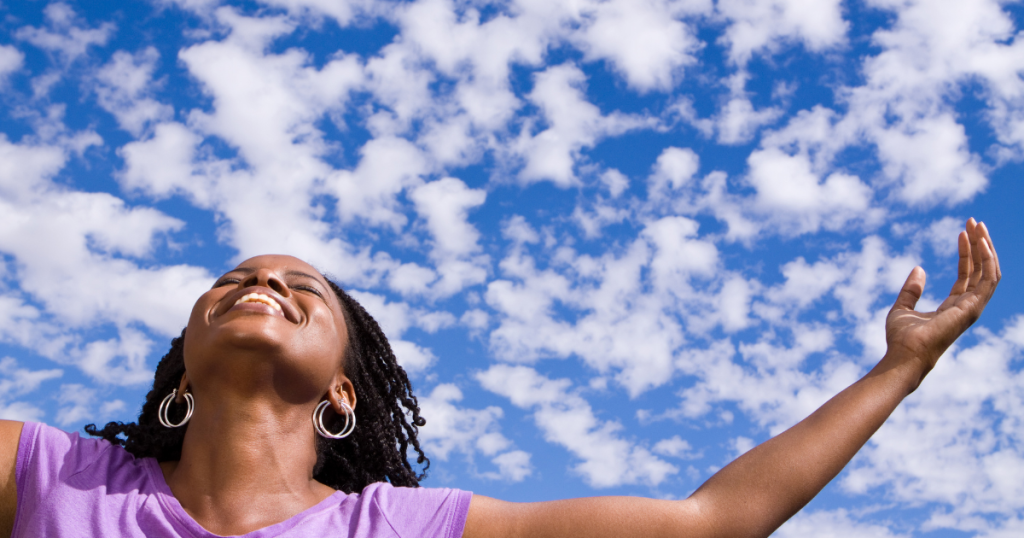
Each of us has a voice. Finding it allows you to speak your truth.
Together we can ditch Diet Culture and create radical changes to improve body image.
YOU have agency. You can choose.
Once you recognize Diet Culture’s impact, you will be in a stronger position to choose body image role models who aren’t drinking the diet Kool-Aid.


